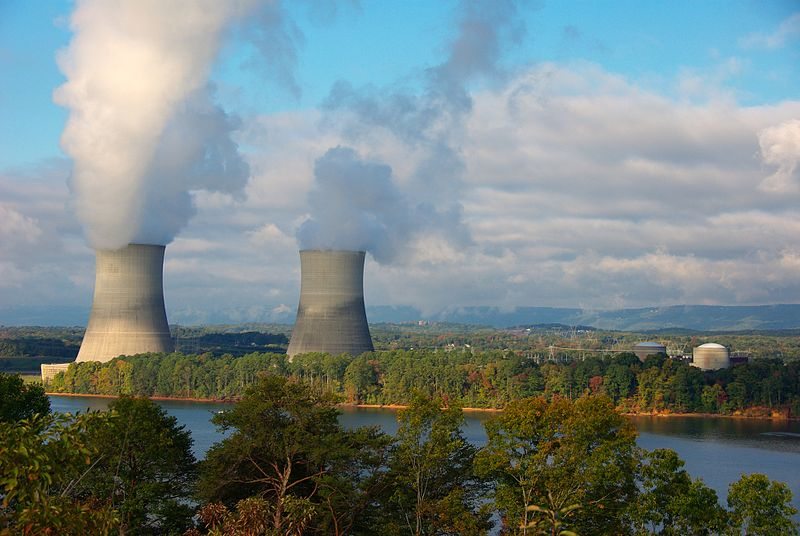The unfortunate decay of nuclear power
The Green Party has described nuclear power as posing “unacceptable risks” in their 2015 manifesto. Is this the latest in the struggle between science and public perception or has nuclear really had its day?
Mention nuclear power to anybody and it won’t take long before the mention of the Three Mile Island, Chernobyl and Fukushima accidents. While these tragedies do tar the name, it seems that the true opportunity that nuclear energy offers is buried in rhetoric. In recent times, China and Russia have soared ahead in the construction of new nuclear sites across the Middle East, while the West are all too keen to over-regulate the resource out of existence; hell-bent on the idea that every station is a potential bomb.
But here’s the real bombshell for you: nuclear power is the safest form of energy in terms of number of deaths per joule generated.
Our lingering fear of nuclear power generation is therefore more of an issue of bad PR and the difficulties that science has had removing the scars of the past from modern innovations. It is worth noting that the three major incidents that people are so keen to highlight are the only major incidents involving a nuclear reactor that have ever happened in the history of nuclear energy – a full 15,000 combined years of reactor operation.
Yet, still, people are content to power their homes with oil with no talk of the 2010 BP oil spill or the 1988 Piper Alpha Well disaster that killed 167 people. If these highly unlikely risks are ‘unacceptable’, then you were probably the one weird kid at school wearing goggles during a game of conkers.
The potential placement of nuclear power stations is also a contentious issue, as no community wants to be put at risk (never mind that the risks are imaginary). Communities petition against these plants, claiming that it would expose them to too much ionising radiation, but fail to recognise that the EPA’s yearly target of radiation release from a nuclear power plant is not even as high as the amount of radiation the average person will encounter in a year just living their lives.
This stance is seemingly contradictory coming from a society that is finally opening its eyes to the effects of climate change and the need to switch to low-carbon alternatives. While wind and solar power are the poster boys of the green movement, their efficiency and energy density in terms of watts per unit area of land wanes in comparison to that of a nuclear plant.
The current number of nuclear sites globally reduce the amount of annual CO2 output by 2 billion tonnes compared with fossil fuel sites producing the same energy.
For people to then label this resource as ‘dirty’ and ‘dangerous’ only highlights the lack of scientific literacy in modern British legislature.
It is worth noting, of course, that this encompassing term, ‘West’, is a touch too broad. France and Germany have both made significant advancements in the field. France currently powers itself from a network of nuclear power stations, catering for 75% of the total demand, and profits hugely from the related exports – in the region of €3 billion annually.
Similarly, Germany’s proportion of nuclear power was 22.4% in 2010 and was a major exporter of reactors. As promising as this may seem at first, in the wake of the Fukushima disaster, both countries have backpedalled, initiating ‘phase-out’ plans aiming to cut nuclear power station usage drastically.
The science is frustratingly clear on this issue and yet there remains a conspiracy of silence in potential positive media coverage of nuclear power.
The stubborn refusal of Western countries to embrace nuclear power is leading to money pouring out of research into safer disposal or innovative uses of nuclear waste and leading us to further depend on our fossil fuelled overlords for overpriced, planet-harming energy.
Unless this trend is reversed, we could see the end of one of the best hopes for green energy disappear in a puff of ignorant, sooty smoke.

Comments